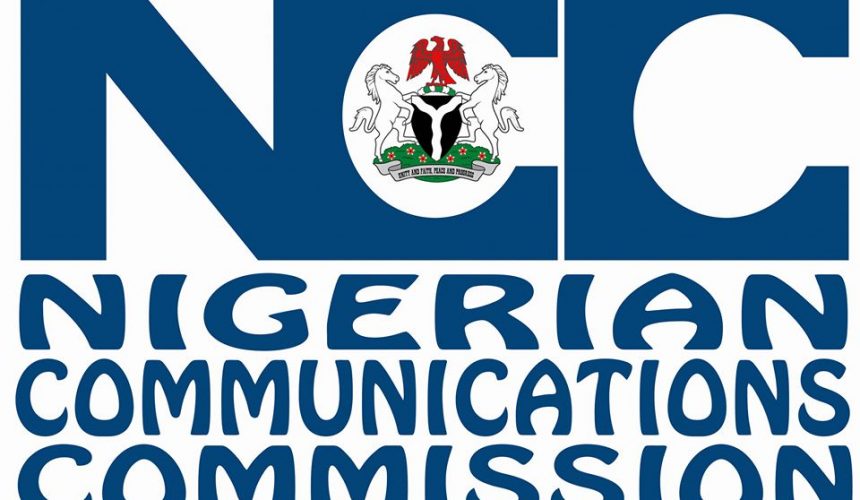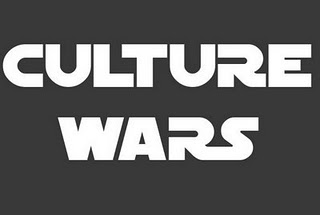
Telco subscribers kick against FG’s new tax on phone calls
By Ibidunni Banjoko
Following the Federal Government directive to impose a tax on telephone calls and SMS in the nation to fund free healthcare for the vulnerable, telecommunication subscribers are kicking against the initiative as the action is only likely to impoverish more Nigerians.
The telecom tax in the equivalent of a minimum of one kobo per second for phone calls is a part of the sources of funds required to finance free healthcare for the Vulnerable Group in Nigeria, according to the National Health Insurance Authority Bill 2021 signed by President Muhammadu Buhari, last week.
According to the Nigerian Communications Commission (NCC), Nigerians made 150.83 billion minutes of calls in 2020. This translates to 9.05 trillion seconds of calls, meaning the new tax will generate 9.05 trillion kobo, which converts to N90.49bn, yearly.
This new tax is coming despite moves by telecom companies to increase the price of calls, SMS, and data by 40% as a result of an unfavourable operating environment.
According to the Health Insurance Act, the Vulnerable Group Fund is money budgeted to pay for healthcare services for vulnerable Nigerians who cannot pay for health insurance in a bid to subsidise the cost of provision of health care services to vulnerable people in the country.
It added that the Vulnerable Group Fund will subsidise the provision of healthcare to children under five, pregnant women, the aged, physically and mentally challenged, and the indigent as may be defined from time to time.
The Act includes a provision under Section 26 subsection 1c which states that one of the sources of money for the Vulnerable Group Fund shall include a telecommunications tax, not less than one kobo per second of GSM calls.
Other sources of funding outlined in the Act includes a basic healthcare provision fund to the authority; health insurance levy; telecommunications tax, not less than one kobo per second of GSM calls; money that may be allocated to the Vulnerable Group Fund by the government; motley that accrues to the Vulnerable Group Fund from investments made by the Council: and grants, donations, gifts, and any other voluntary contributions made to the Vulnerable Group Fund.
According to the new Act, every resident in Nigeria is expected to obtain health insurance.
However, telecom subscribers under the aegis of National Association of Telecoms Subscribers, have said they will reject this new move by the government.
The President of the association, Adeolu Ogunbanjo, said: “It is quite unfortunate that the government is viewing telecoms as a cash cow. We are saying. There is a lot of corruption in the system, and rather than curb that they want to focus on the telecoms sector.
“What do they mean by vulnerable? Vulnerable people in the nation are probably about 80 per cent of the population, we are all vulnerable. What has happened to the health budget? Why should it touch telecoms again? The government should look elsewhere for money. This new action is only likely to impoverish more Nigerians and they are masquerading as helping the vulnerable. This is not right.”
Recently, telecom companies wrote to the Federal Government, through the Nigerian Communications Commission, on the worsening conditions of the industry.
According to a source at the Association of Licensed Telecommunication Operators of Nigeria, telecom companies cannot reject a directive of the government. The source said subscribers would pay more for calls once the tax is implemented.
He added that the NCC and ALTON would meet this week in order to discuss the issues disturbing the industry.
He said: “We are aware of the tax. We had been told before. It is the subscribers that would have to pay for this. This means subscribers will pay more for this service. Telcos cannot say no to this. It is a government directive; we can’t resist the government. I can’t say more about it.
“We are having a leadership summit with the NCC this week and we would discuss some of these issues with the NCC. Presently, telcos are paying more than 36 taxes. This is a law; we cannot reverse it. The president has signed it and before it can be changed, it must go back to the National Assembly.
“Also, we cannot give an implementation date, the government is to tell us that.”
Commenting on the act on his LinkedIn page, the Fiscal Policy Partner, and Africa Tax Leader at PricewaterhouseCoopers, Taiwo Oyedele, said: “with the recently passed National Health Insurance Authority Act 2022 imposing a telecom levy on calls, the 2022 Fiscal Policy Measures and Tariff Amendments imposing an excise tax on pre/postpaid services, in addition to the current VAT at 7.5% which took effect from February 2020 via the Finance Act 2019, the total tax on GSM calls is now 21.5%”.
He calculated VAT 7.5%, Excise tax 5%, Healthcare levy 9% the total is 21.5% which will be the overall tax the subscriber will be paying.
“This is a tax increase of over 300% from just VAT at 5% about two years ago.
“The telecom sector is an enabler for other sectors of the economy. It is important to avoid excessive taxation which may directly hamper the sector and indirectly hurt other sectors and the economy as a whole”.
Also commenting under Taiwo Oyedele post on Linkedin, Olagoke Laniyan, Executive Director at OVL Foundation, stated that creating a unique tax for every sector of the economy that is challenged is not a wise decision.
He said: “The aim should be to implement global best practices in our tax collection, starting with an expansion in the tax net, with particular reference to the informal sector. Our tax needs to be investor friendly, in order for us to attract the needed investment.”
“Multiplicity of taxes has been in operation for a long time in Nigeria, yet our tax collection to GDP is still relatively low,” he added.




Comment
No comments found.